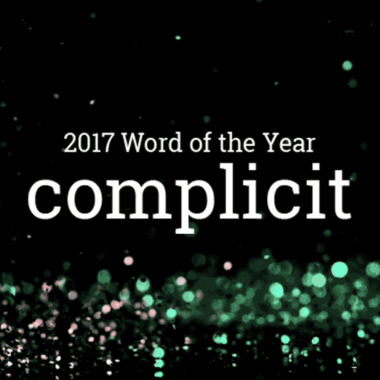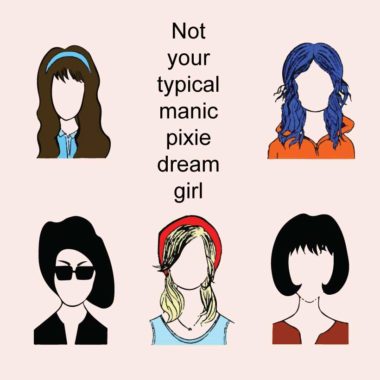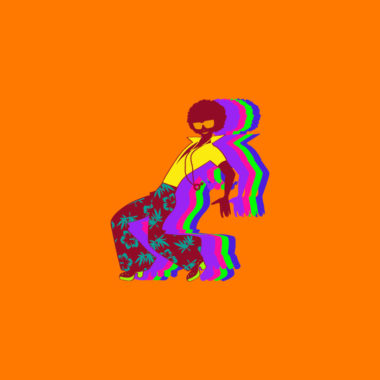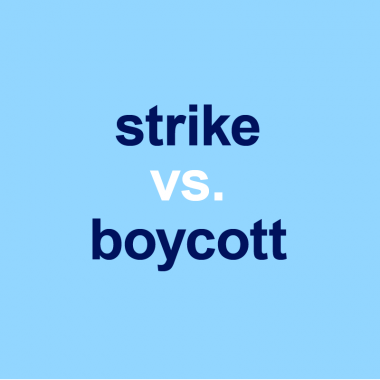Search Results for: drag culture
-
Dirty Sprite, also known as "lean" or "purple drank," is a slang term for a mixture of clear soda and prescription cough medicine that contains codeine and promethazine. It’s commonly referenced in hip-hop culture.
-
Do You Know The History And Importance Of Juneteenth?
Every year near the start of summer, people around the country celebrate Juneteenth. The holiday is far from new—and it commemorates an event that happened more than 155 years ago—but awareness and interest in Juneteenth has steadily increased over the years. With that awareness and interest comes an opportunity to learn more about the past and present of Black life in America. Here’s the important history …
-
good vibes
Good vibes is a slang phrase for the positive feelings given off by a person, place, or situation. -
¡Oye! Do You Know What Cinco De Mayo Is Really About?
If you live in the United States, there’s a good chance that you’re familiar with Cinco de Mayo. You may even know that it means the “fifth of May,” and that it’s a holiday celebrating an important event in Mexican history. There’s also a good chance that you’re familiar with how Mexico is often tokenized on this day with, well, lots of beer and sombrero …










